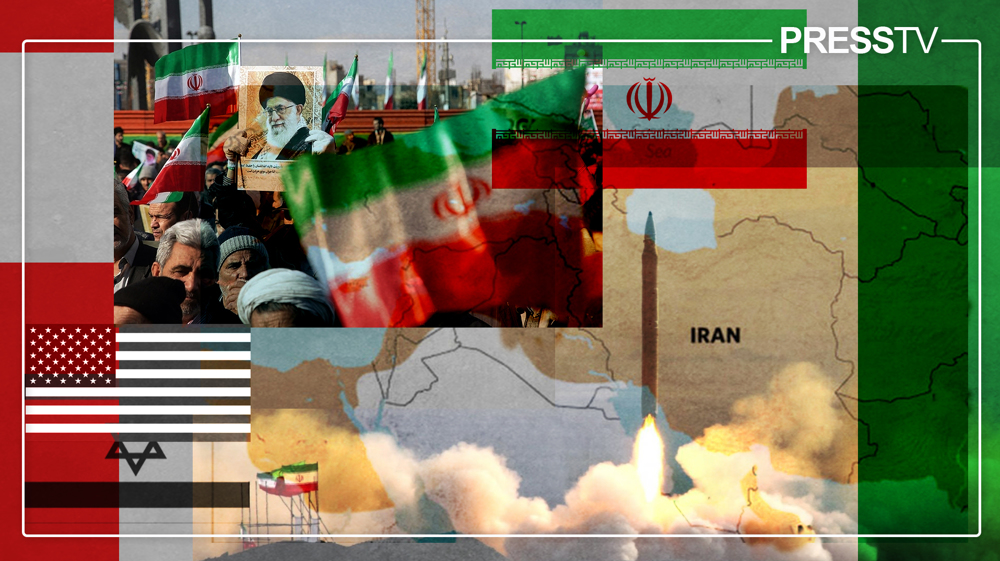Syria to resume negotiations with opposition on constitutional reform. The question is why?
By John Wight
On a facile level the news that another round of UN-mandated negotiations on the drafting of a new Syrian constitution is about to get underway in Geneva, between representatives of the government and opposition groups, provides hope that at long last an end to the inordinate suffering of the Syrian people may be in sight. We are after all talking about the most brutal and devastating conflict of modern times, one that has resulted in 500,000 dead, the wholesale destruction of large parts of the country, 13 million in need of humanitarian assistance, half the population displaced, and an economy in ruins.
“You must be ready to burn yourself in your own flame; how could you rise anew if you have not first become ashes?” Thus writes the 19th-century German philosopher Friedrich Nietzsche.
When applied to Syria the first part of Nietzsche’s admonition formulation can be readily dismissed. Syria and the Syrian people were most assuredly not ready to burn themselves in their own flame. This horrific fate was thrust upon them by internal and external agents, using regional upheaval to advance a sectarian agenda when it came to the former and an imperialist one with respect to the latter.
As for rising from the ashes, when applied to a country and people that have endured and suffered to the extent that Syria and its people have, the challenge in this regard is monumental. Here it shouldn’t be forgotten that Syria remains under foreign occupation – by Turkish forces in the north and northwest of the country, and by US forces in the Kurdish-controlled east and northeast – and that the Syrian opposition has been sponsored by those very Western countries that have worked tirelessly to ‘destroy Syria in order to save it’ over the past decade.
Democracy in a given state or country can only ever flourish on the foundations of security and economic stability. Try to establish a democratic system absent of these non-negotiable pillars and the end result is Afghanistan.
The Syrian people have been engaged in a protracted struggle to return security and stability to the country with the indispensable aid of its Iranian, Lebanese and Russian allies for over a decade now - and at a huge cost. The idea, then, that those who remained in Syria and endured so much should acquiesce in the role of a foreign-based opposition when it comes to the country’s future will be a bitter pill to swallow.
The key stumbling block to previous negotiations between the government and opposition has been the status of Bashar al-Assad. His removal from power has long been a non-negotiable condition of the opposition and its Western sponsors and backers, which is precisely why there has been zero progress up to this point when it comes to achieving a negotiated settlement.
The hard truth is that without external support the Syrian opposition would be a marginal force at best. And, too, an opposition willing to trade sovereignty for power is a proxy rather than a serious government in waiting, especially given the scale of the struggle waged by Syrian government forces, its allies and people for so long.
Regionally, meanwhile, Assad’s tenacity has begun to bear fruit. In a recent Newsweek piece, Tom O’Connor confirms that “the Syrian president has not only survived but appears poised to make a stunning comeback on the world stage.” O’Connor elaborates: “Recognizing reality, many of the countries that cut him [Assad] off 10 years ago have begun to welcome him back, despite ongoing US opposition to his rule. Telltale signs: Just last month, Jordan reopened its border with Syria, and the Arab League is widely expected to reinstate its membership shortly.”
In some respects, then, the question needs to be asked: What does the Assad government stand to gain from going into negotiations on constitutional reform with a weak opposition at this particular juncture?
Much of the answer lies with the role of Putin in pushing Assad to be more flexible and open to inclusiveness when it comes to the opposition. Though Moscow has played a major role in the conflict in Syria since the end of September 2015, its support has come at a price - one which suggests that its status has been less that of an ally and more that of putative imperial overlord. With this in mind, consider the words of former Russian diplomat, Alexander Aksenyonok, as quoted in May 2020 article by veteran Middle East correspondent Martin Jay from May: “If Assad refuses to accept a new constitution, the Syrian regime will put itself at great risk.”
There is no doubting the fact that Syria has reached a historic fork in the road after a decade of unremitting conflict. The ocean of blood that has been shed in the course of the struggle for the country’s future makes the tentative steps towards a negotiated settlement a challenge for an Assad government that will be well aware of the danger of snatching defeat from the jaws of victory.
Whatever the outcome of this new round of negotiations with the opposition on constitutional reform, the overriding priority of the Syrian government remains security, stability and putting food on the table of its people. After all, in the last analysis, you can’t eat a constitution.
End.
John Wight is an author and political commentator based in Scotland.
(The views expressed in this article do not necessarily reflect those of Press TV.)
VIDEO | Hundreds protest Israeli president's visit in front of Australia's parliament house
Iran officials hail massive rallies marking Islamic Revolution anniversary
Global congratulations pour in for anniversary of Islamic Revolution
Pezeshkian: Iranians have taken to streets to defend country
Netanyahu pushing to turn US into ‘slave state for Israel’s expansionist dreams’: Analyst
Iran’s security chief meets with Yemen's Ansarullah official in Oman
Mass shootings at school, home in Canada leave 10 dead, including shooter
Millions rally across Iran to mark 47th anniversary of Islamic Revolution










 This makes it easy to access the Press TV website
This makes it easy to access the Press TV website